Södertörn University
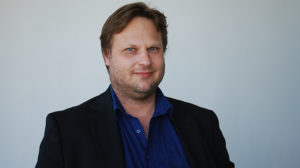
Kimmo Granqvist (PhD 1997) is a Full Professor in Romani Studies at Södertörn University, Stockholm, a Visiting Professor at Uppsala University, and a University Lecturer in Romani Language and Culture at the University of Helsinki. He bears a Title of Docent in Modern Greek language and General Linguistics at the University of Helsinki, and Title of Docent in General Linguistics at the University of Oulu. Granqvist is primus motor of modern Romani Linguistics in Finland. He has published extensively on Finnish Romani. Granqvist has coordinated several international projects on Romani Linguistics since 2013. He currently represents Finland in the Committee of Experts of the European Charter for Regional or Minority Languages.
Charles University
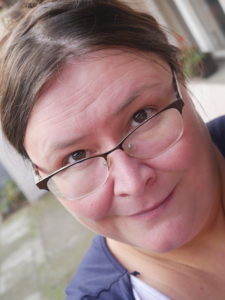
Markéta Hajská earned her PhD at the Institute of Ethnology, Faculty of Arts, Charles University. Her research focuses on the history of Vlach Roma in Czechoslovakia, Romani migration, intra/interethnic contacts, and Vlach Romani. Since 2014, she is a Research Assistant and Lecturer at the Seminar of Romani Studies, Charles University. Since 2019, she has been an investigator of the project “Genocide, Postwar Migration and Social Mobility: Entangled Experiences of Roma and Jews”, where she focuses on the history of Vlach Roma in Czechoslovakia in pre-war and post-war period. She has extensive experience in research inside Romani communities in the Czech Republic, Slovakia, and abroad (Great Britain and France). She is fluent in Vlach and North-Central Romani. She managed several Roma-focused research projects and is an author of several scientific articles and co-author of popular oral historical comics books.
University of Helsinki
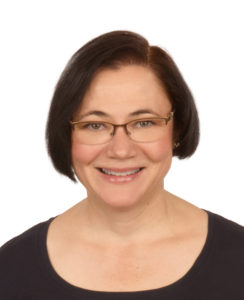
Lidia Gripenberg has been following the life of Finnish and Bulgarian Roma for over twenty years. She has done social work among Finnish Roma (2011-2013) and in 2019 defended her PhD thesis on “The Interaction of Finnish Roma and East European Roma in Finland” The thesis is the first extensive anthropological study of the interaction of different Roma groups in Finland and in general. At presents Lidia Gripenberg is working as a post-doctoral researcher for the project “Interaction in Romani in everyday speech situations: case studies in Estonia” led by Prof. Kimmo Granqvist.
Central European University
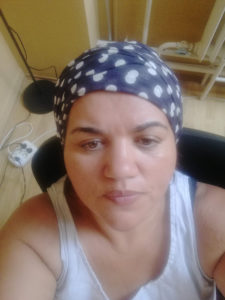
Angéla Kóczé is an Assistant Professor of Romani Studies, Chair of Romani Studies Program, and Academic Director of the Roma Graduate Preparation Program at Central European University, Budapest. Previously, she was a Visiting Assistant Professor in the Department of Sociology and Women’s, Gender, and Sexuality Studies Program at Wake Forest University, Winston-Salem (NC). She was the principal investigator of a research project (2013-16) on Institutionalization of Romani Politics After 1989 in Hungary, funded by the Hungarian Social Research Fund. Her research focuses on the intersections between gender, ethnicity and class as well as the social and legal inequalities faced by the Roma in various European countries. She has published several peer-reviewed academic articles and book chapters with various international presses including Palgrave Macmillan, Ashgate, and Central European University Press, as well as several thematic policy papers related to social inclusion, gender equality, social justice and civil society.
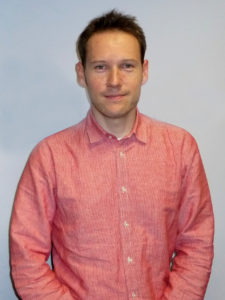
Márton Rövid is an activist-scholar, a dedicated teacher, and an experienced policy analyst. He holds PhD of political science from Central European University (CEU). Currently he is a Visiting Professor at the Romani Studies Program at CEU, and a teacher at the Jesuit Roma College in Hungary. His most recent publication is “Roma and the Politics of Double Discourse in Contemporary Europe” (with Angéla Kóczé, Identities, Vol 24. N 6. 2017). Between 2012 and 2015, as a research and advocacy officer of the Decade of Roma Inclusion Secretariat, he coordinated the monitoring of Roma policies in 16 countries. His research interests include: theories of cosmopolitan democracy, global civil society, transnational social movements, racialization in post-communist contexts.
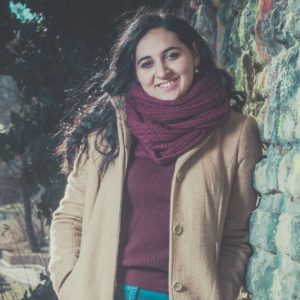
Melinda Vajda is a PhD student at the Department of Applied Linguistics and Phonetics at Eötvös Loránd University in Hungary. She graduated at the Department of Sociology and Social Anthropology at CEU. She also teaches at the university Romani language from 2017. Melinda got inspired by her mother and grandmother who had diplomas and did important thing for their Roma community. Her grandmother established the first Roma national kindergarten during the communism and her mother made the first Roma Museum in Hungary in 2001.